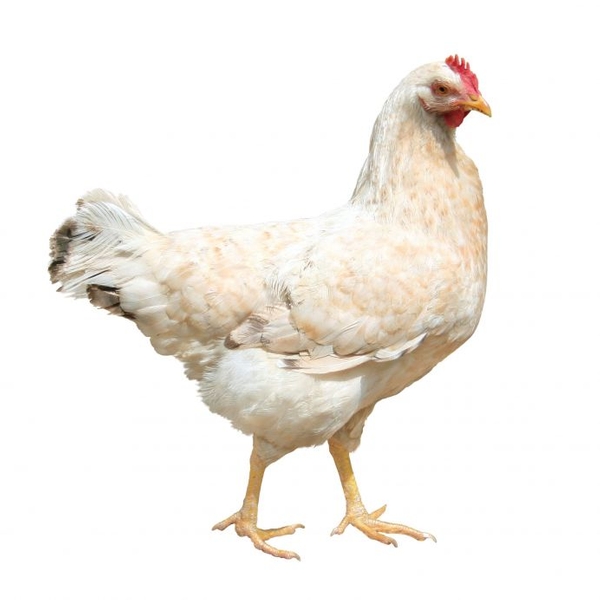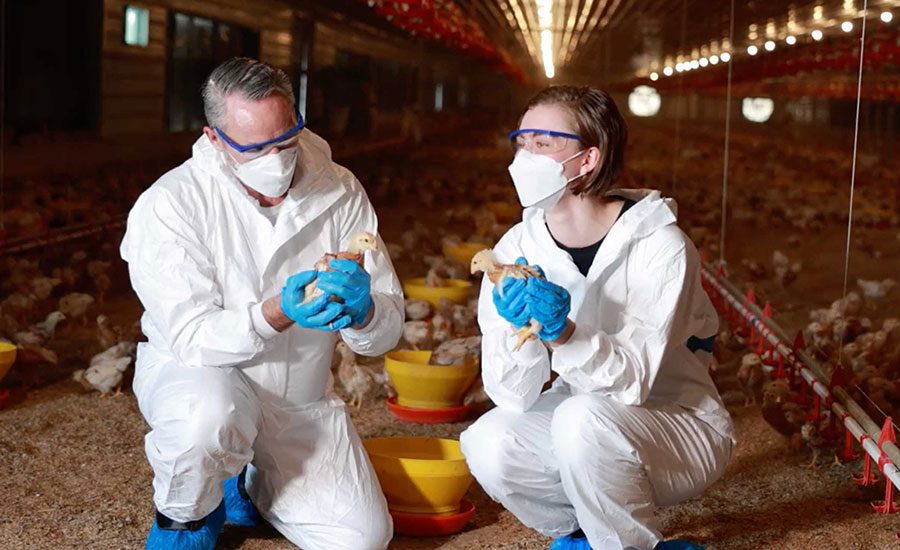California has become the first state to ban the routine use of antibiotic drugs in farm animals.
The law--signed by Governor Jerry Brown last weekend--now bans the use of medically important drugs to accelerate growth in cows, chickens, pigs and other animal typically raise for financial gain. Now, meat producers can only use antibiotics to treat animal sickness or to prevent dangerous infections--and they must have prior approval from a veterinarian. In contrast, restrictions enforced by the U.S. Food and Drug Administration’s national antibiotic guidelines are more lax.
California’s new law comes after a number of companies across the country have also either announced or begun making plans to change their antibiotic use in meat.
Last spring, the White House publicly urged a room full of food producers, medical professionals, hospital representatives and restaurant workers to reduce their use of life-saving antibiotics in livestock.
By next year, the Subway sandwich chain will transition from using chicken treating with human antibiotics to chicken that was naturally raised.
In March, McDonald’s announced that over the next 2 years they would begin phasing out the use of antibiotics in their chicken sold at 14,000 U.S. locations.
In April, Tyson Foods went public with news that they plan to completely eliminate the use of human antibiotics from its chicken flocks by the end of September 2017.
In May, the CEO of Sanderson Farms announced that the company had no plans to reduce or eliminate use of antibiotics in their sourced livestock because there was no scientific proof that there would be any resistance.
A joint report released last month shows that almost all of the top 20 restaurants earned failing grades when it comes to their antibiotic use.
California's Ban of Antibiotic Use Sets Precedent

Looking for a reprint of this article?
From high-res PDFs to custom plaques, order your copy today!





